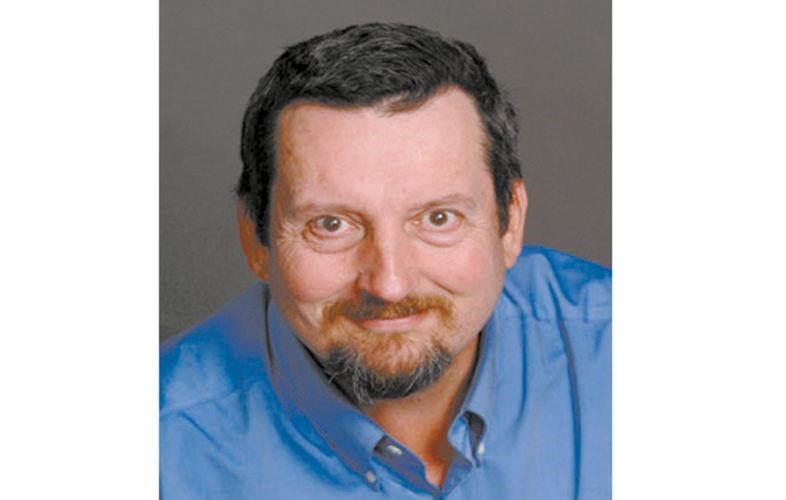In 1833, economist William Forster Lloyd published two lectures on population. He utilized a hypothetical example of over-use of common resources to make his point.
Consider a common parcel of land shared by all of the herders in a village. If a herder puts more than his allotted number of cattle on this commons, overgrazing could result. For each additional animal, the individual herder would benefit but the whole group would suffer as the commons would be damaged, if not destroyed, to the detriment of everyone. The herder's selfish actions might end up destroying a resource which could have sustained the whole community.
Lloyd's essays might have been forgotten by history if the ideas had not been picked up by ecologist Garrett Hardin in 1968 and published in Science as The Tragedy of the Commons. Among other things, Hardin pointed out the problem with individuals acting in rational self-interest. Members of a group will use common resources for their own gain and with no regard for others.
Overall, the notion each individual's conscience will act as a guide stopping the over-exploitation of resources for individual gain has been shown to be a failure. Individuals do not act in the best interests of the group. Indeed, the system favors selfish individuals - called "free riders" - over those who are more altruistic.
This is generally true on big issues and small. For example, consider climate change. We all know it is happening and severely impacting the quality of life for some individuals. But as long as we are not one of those individuals, we will keep exploiting the resources for our own collective gain.
This is the underlying principle behind much of the rhetoric generated by the likes of President Trump and the conservative business class in Canada on the issue. Their argument can be boiled down to "why shouldn't I make a profit when it isn't hurting me?"
But climate change isn't the only issue. For example, water pollution by particulate matter discharged from our cities is affecting the oceans worldwide. Or the water crisis in California and the midwestern United States by the over-extension of groundwater aquifers is resulting in the loss of farmland and agricultural output. Or the overfishing of the world's major 17 major fisheries is leading to the depletion of stocks. Or the indiscriminate use of antibiotics in animal feed is leading to antibiotic resistant bacteria.
The problem, from an economic point of view, is that no one owns the resource, so no one is responsible for ensuring its sustainability. "Why shouldn't I be able to make as much profit as I can? After all, if I don't, someone else will!" seems to be the theme.
Of course, at the heart of it, we all pay the price.
At a more subtle level is a collective over-willingness to utilize infrastructure without a willingness to take on the burden of sustaining our collective infrastructure. In his inaugural address, President Trump declared America has "spent trillions and trillions of dollars overseas while America's infrastructure has fallen into disrepair and decay." American carnage he called it.
He went on to say "We will bring back our jobs. We will bring back our borders. We will bring back our wealth. And we will bring back our dreams. We will build new roads and highways and bridges and airports and tunnels and railways across our wonderful nation. We will get our people off of welfare and back to work, rebuilding our country with American hands and American labor."
Who's going to pay for it?
It sounds great to build roads and replace bridges, but where is the money going to come from? Especially as President Trump has explicitly stated he is going to pursue tax cuts and reform. And he is proud of the fact that he doesn't pay taxes.
Indeed, during the Presidential Debates, when asked why he doesn't pay taxes, he replied "Because I am a smart businessman." A free-rider would be a better description. He is quite willing to take advantage of the benefits accrued through the commons - the infrastructure built on the backs of taxpayers. But he has no interest in paying for his fair share.
President Trump is a symptom, not a cause. There are many, many citizens around the world who are quite willing to use the hospitals, roads, schools, bridges, airports, and other common goods and services. They just don't want to pay the price.
They complain 56 per cent of their salary is going to pay for other people's services without considering just what they themselves use. They want a free ride and let someone else pick up the cost. Most often, they are in favour of shifting the costs to those with no say - the next generation.
Maybe it is time to rethink the whole tax cut strategy.



